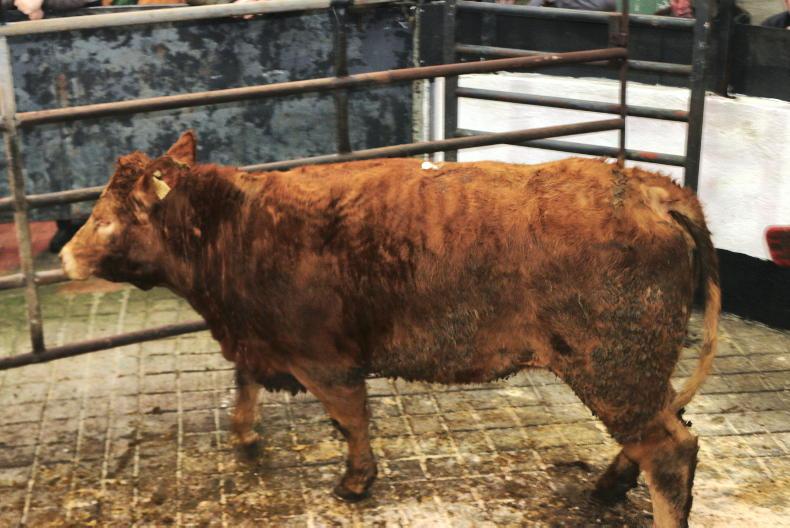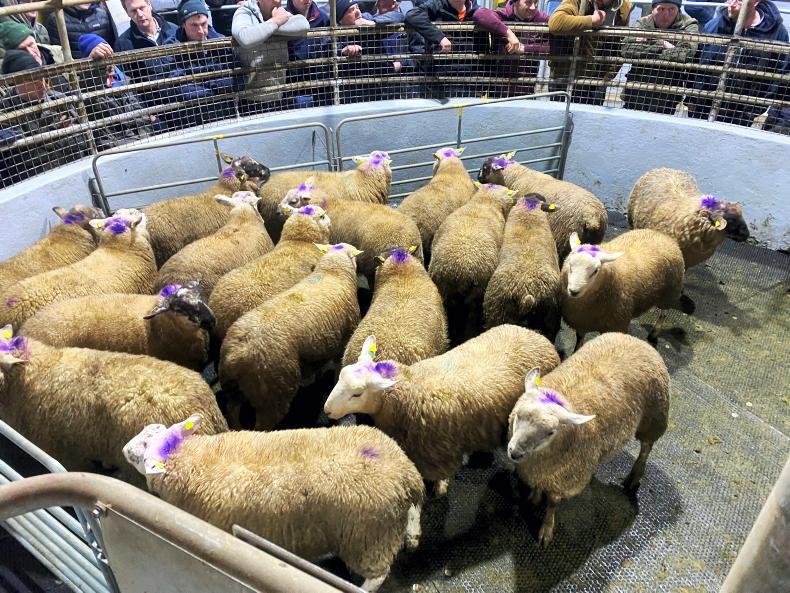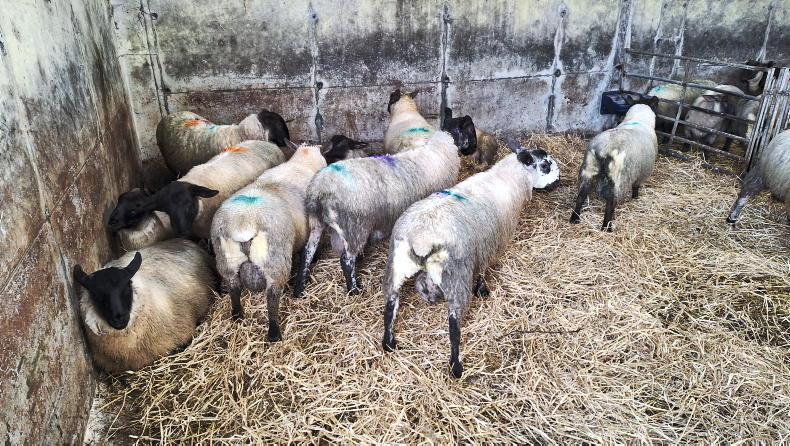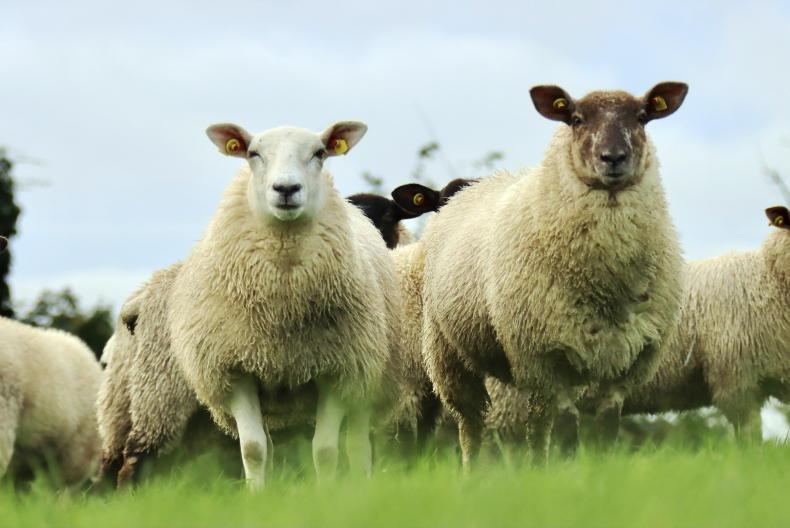While many marts normally record reduced throughput for their final sale before the Christmas break, some have recorded two weeks of significantly lower entries due to last week’s adverse weather.
The trade is unchanged in the main, with some marts reporting prices easing slightly by €1/head, with this balanced in other marts by tighter supplies lifting average prices by a similar figure.
Fleshed lowland lambs weighing upwards of 50kg continue to trade on average from €95 to €100 over the weight.
Select lots of excellent-quality lambs have in cases risen to €103 to €104 with the weight.
In contrast, lambs lacking flesh or crossbred or hill-bred lambs with a lower kill-out potential are selling back to €88 to €90 over the weight, depending on quality.
Wider differential
There is a wider price differential as you drop down the weight range, as the potential kill-out has a greater influence on the final payment, with lambs less likely to maximise paid carcase weight limits.
Here, prices range from €90 to €96 over the weight on average, with the best-quality lots hitting €100 over the weight and lesser-quality lots back to €85 over the weight.
The store lamb trade remains subdued. Lowland lambs are trading on average from €2.65/kg to €2.85/kg.
Crossbred and hill breeds are selling from €2.40/kg to €2.70/kg with carcase conformation and flesh cover having a significant influence on price.
Light lambs remain a challenging trade. Lambs weighing less than 30kg are selling from less than €2/kg for small-framed lambs that will struggle to gain weight efficiently to €2.10/kg to €2.20/kg for better-quality Scottish Blackface lambs.
The ewe trade is steady. Fleshed ewes weighing from 90kg to 100kg are selling in general from €130/head to €155, with top prices reaching €170 or higher on an infrequent basis.
Ewes weighing around the 80kg mark are trading from €105 to €130 depending on quality, while lighter ewes are selling from less than €1/kg for hill ewes lacking flesh to €1.20/kg to €1.25/kg.









SHARING OPTIONS